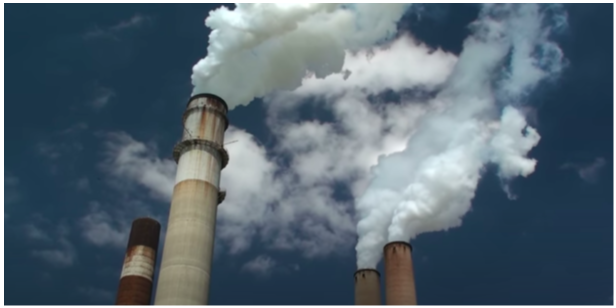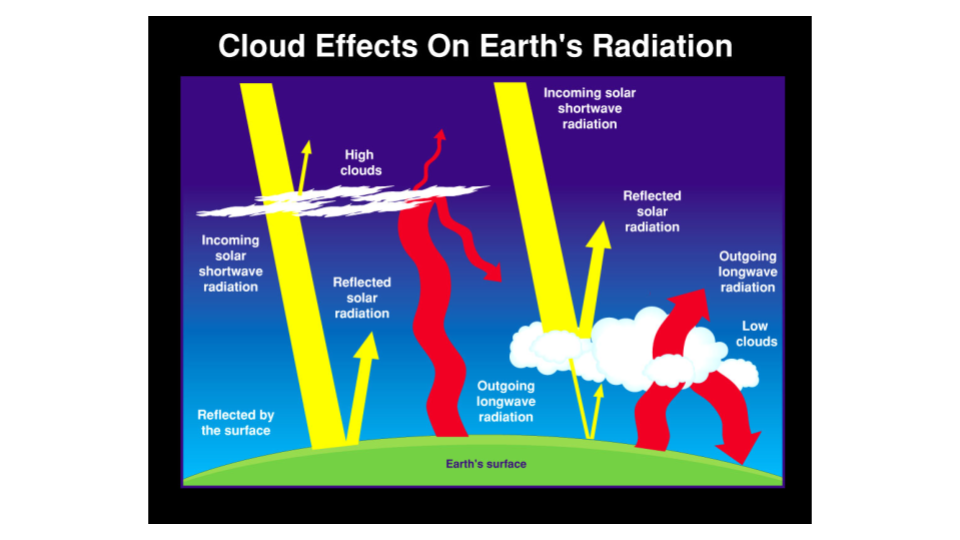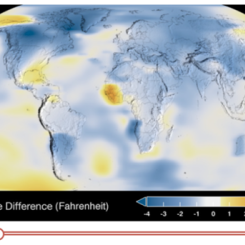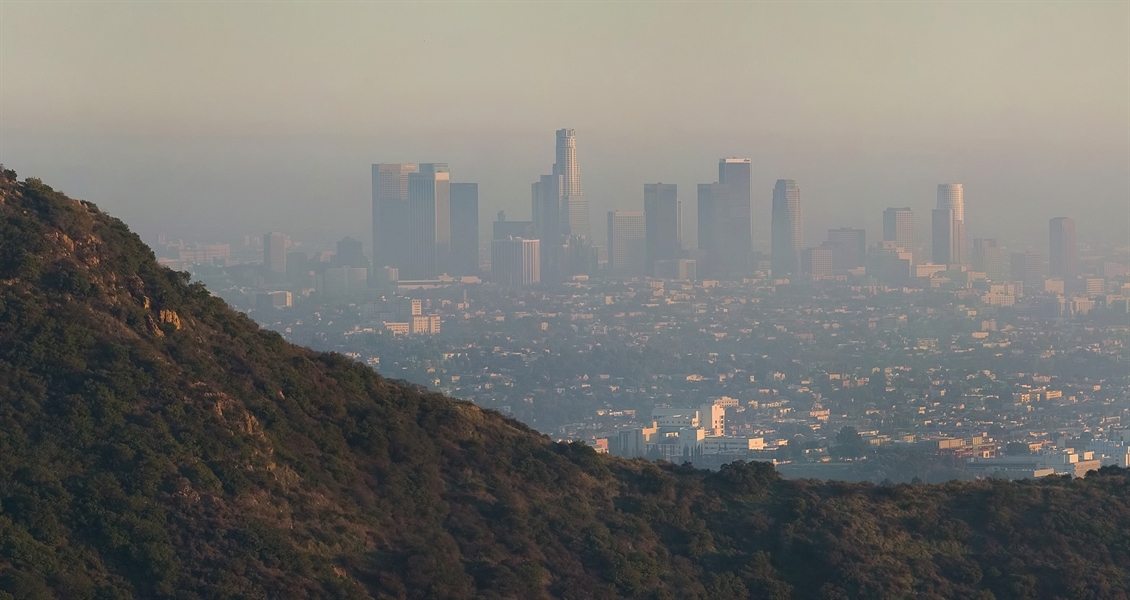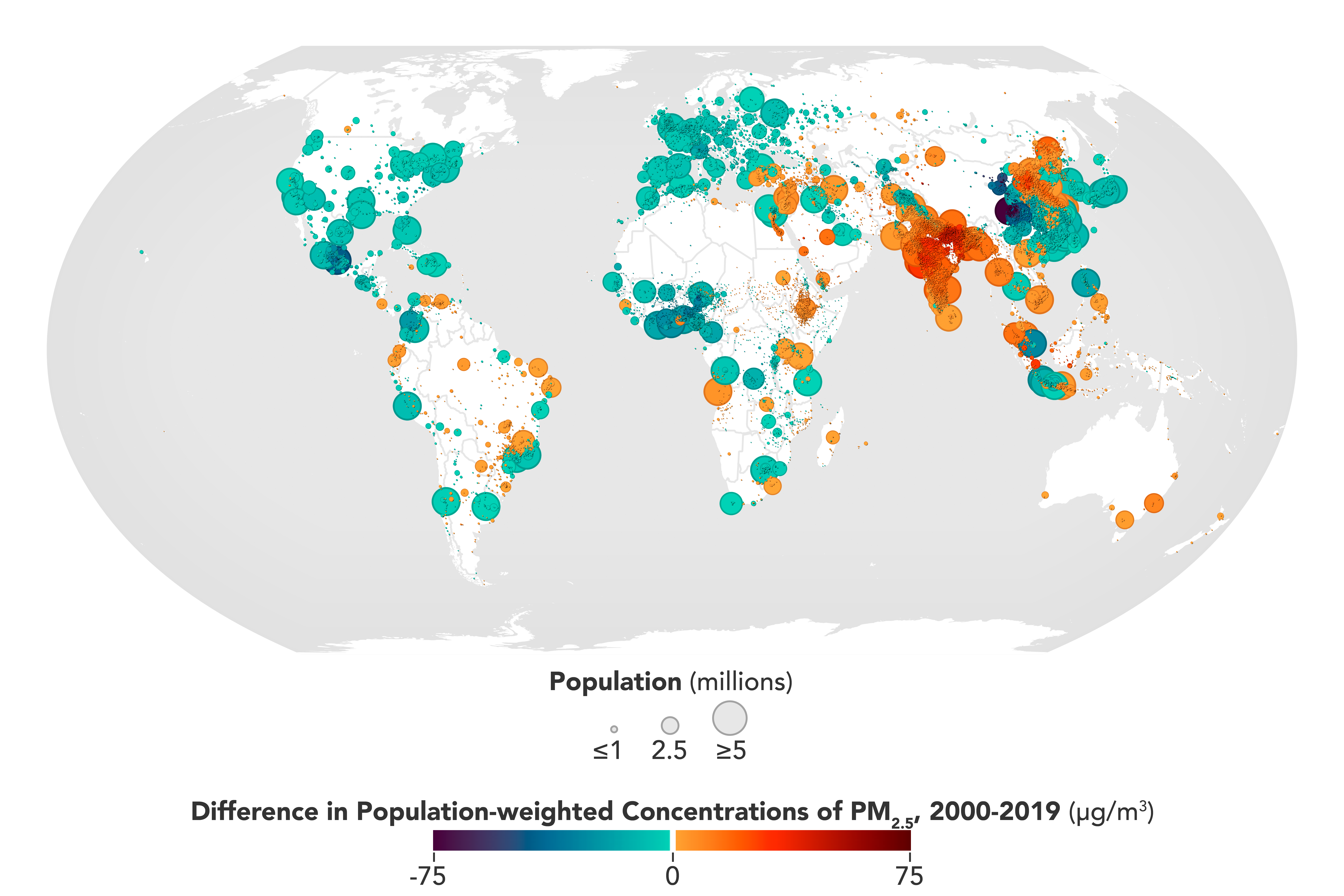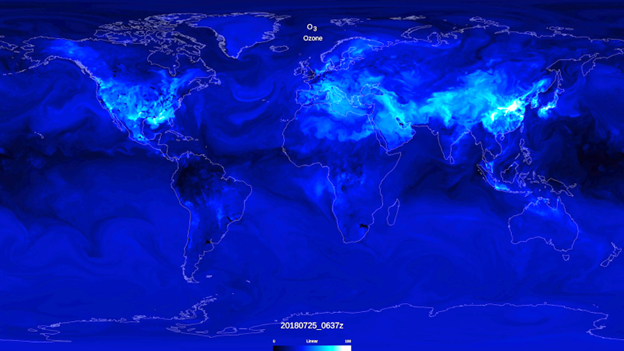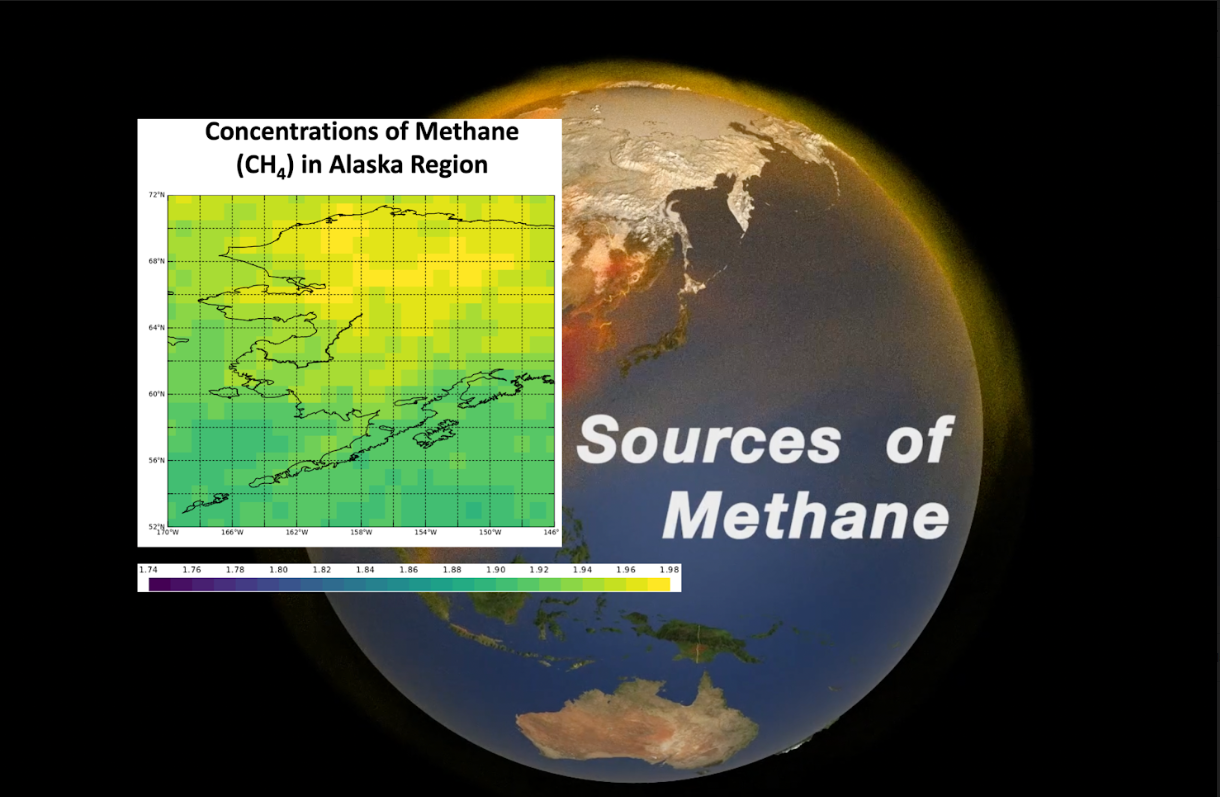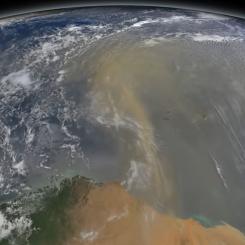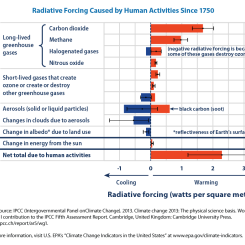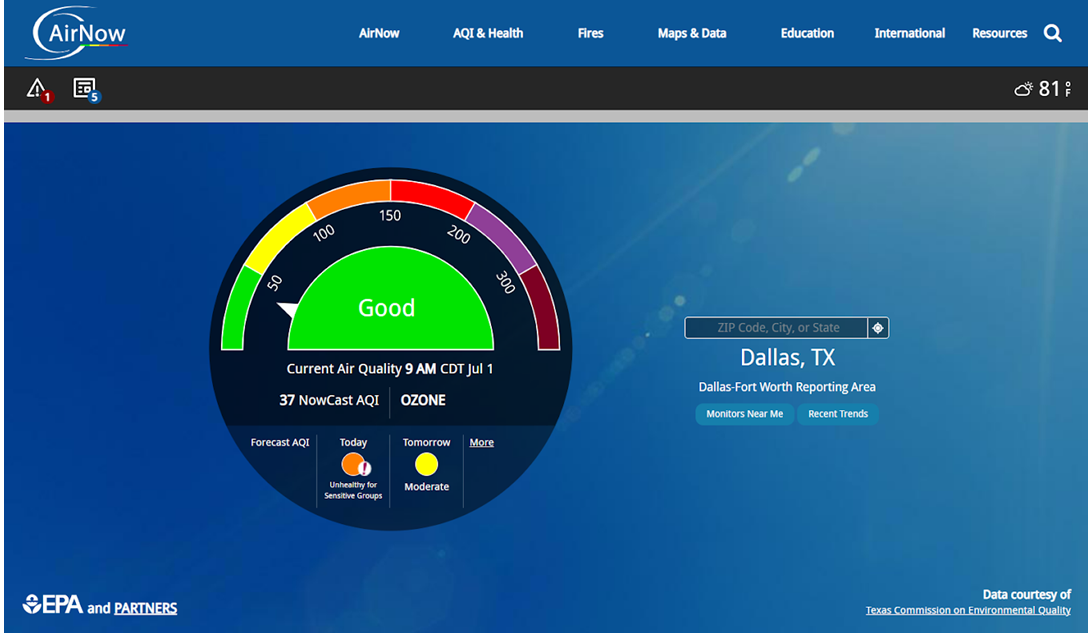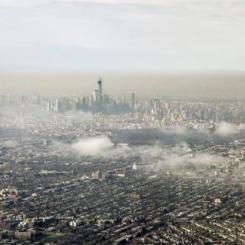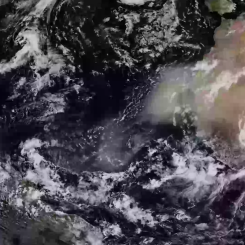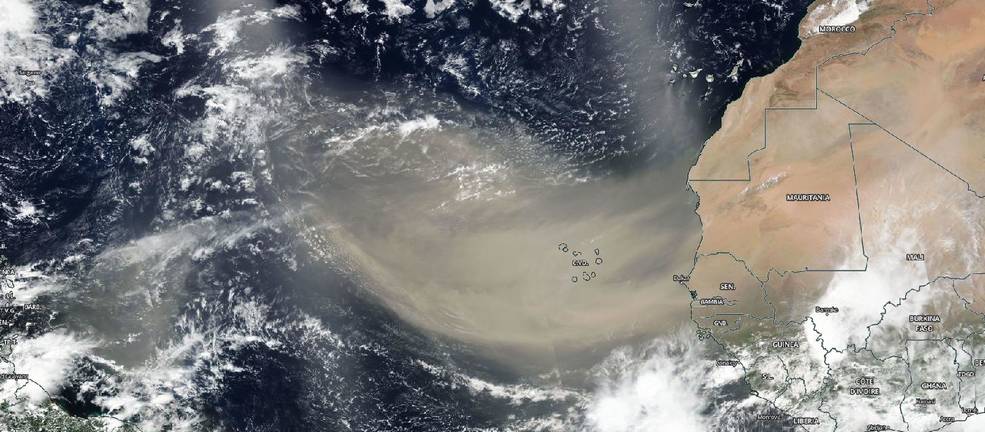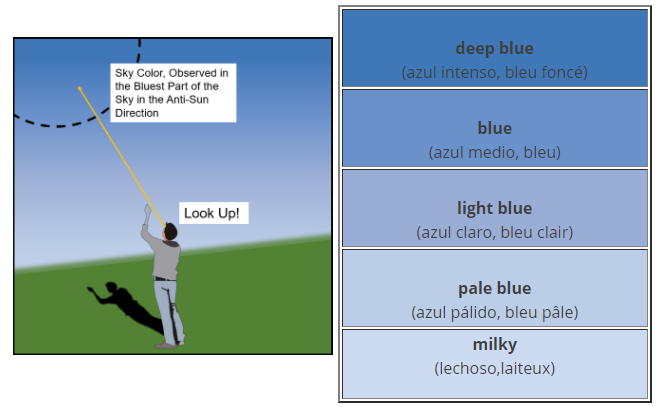Lesson Plans
What is Particulate Matter?
Overview
Students watch videos and/or review articles related to particulate matter and how this pollutant is monitored and measured, then provide their understanding individually or in groups.
Materials Required
Choose one of the following options to use with students.
- Google Slides version
- Poster Paper
- Whiteboards
Procedure
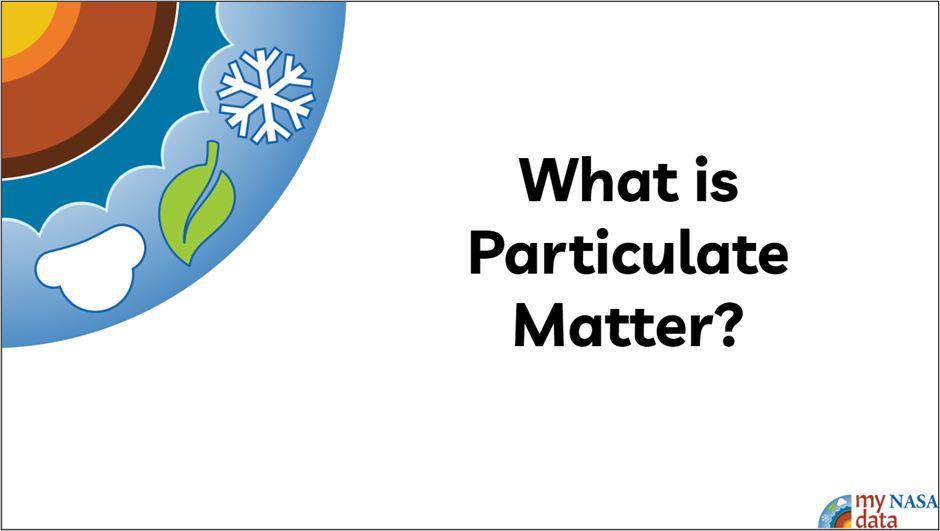
Instructions: Use this lesson as an introduction or review for particulate matter. Students may work individually or with groups of 2 or more.
- Students will access either a video or an article. These can be assigned, or the students can be given a choice from the resource links listed.
- Students add details that they have learned from the resource to the document chosen by the teacher (Google slides, whiteboards, or poster paper). The videos are of a similar level of difficulty, while the articles would be more challenging. The expectation is a contribution to a document.
- After students document their findings, lead a class discussion reviewing what was discovered from each resource.
- What is similar?
- What is different or new as you go through?
- If using the slides, the box will expand as they type. If students are sharing their slides with other students, they need to be sure not to overwrite their contributions.
Exit Ticket: In your own words, explain what particulate matter is?
Videos to select from:
- NASA's Earth Minute: My Name is Aerosol. Source: NASA Climate Change.
- What is Particulate Matter. Source: Washoe Country Health District.
- NASA Tracks Volcanic Ash With Satellites. Source: NASA Scientific Visualization Studio.
- Earth from Orbit: Wildfire Smoke Blankets U.S. Source: NOAA Satellites.
Articles to select from:
- Earth Observatory for Kids: Smoky Skies and Satellites. Source: NASA Earth Observatory
- Earth Observatory for Kids: Air Pollution. Source NASA Earth Observatory
- NASA Earth Observatory: Particulates. Source: NASA Earth Observatory
Answers:
Teachers who are interested in receiving the answer key, please complete the Teacher Key Request and Verification Form. We verify that requestors are teachers prior to sending access to the answer keys as we’ve had many students try to pass as teachers to gain access.
Sources:
- NASA's Earth Minute: My Name is Aerosol. (2017, January 13). YouTube. Retrieved September 1, 2022, from https://www.youtube.com/watch?v=4eh6IKahbok
- What is Particulate Matter. (2018, February 3). YouTube. Retrieved September 1, 2022, from https://www.youtube.com/watch?v=Ea3YTCoRrwM
- NASA Tracks Volcanic Ash With Satellites. (2016, May 12). YouTube. Retrieved September 1, 2022, from https://www.youtube.com/watch?v=zAXvSoo3F8A
- NOAA Satellites. (2015, July 15). Earth from Orbit: Wildfire Smoke Blankets U.S. YouTube. Retrieved 08 15, 2022, from https://www.youtube.com/watch?v=iswHFEBbcl8&t=13s
- Smoky Skies and Satellites - EO Kids. (2021, April 30). NASA Earth Observatory. Retrieved September 1, 2022, from https://earthobservatory.nasa.gov/blogs/eokids/wp-content/uploads/sites…
- Air Pollution. (n.d.). NASA Earth Observatory. Retrieved September 1, 2022, from https://earthobservatory.nasa.gov/blogs/eokids/wp-content/uploads/sites…
- Pratt, S. E. (2022, March 14). No Breathing Easy for City Dwellers: Particulates. NASA Earth Observatory. Retrieved September 1, 2022, from https://earthobservatory.nasa.gov/images/149580/no-breathing-easy-for-c….
Disciplinary Core Ideas:
- ESS3C: Human Impacts on Earth Systems
Crosscutting Concepts:
- Scale, Proportion, and Quantity
- Interdependence of Science, Engineering, and Technology
Science and Engineering Practices:
- Obtaining, Evaluating and Communicating Information
Students will be introduced to particulate matter and how this pollutant is monitored and measured, then provide their understanding in groups.
What is Particulate Matter?
- Internet Required
- One-to-One (tablet, laptop, or CPU)
- One-to-a-Group

